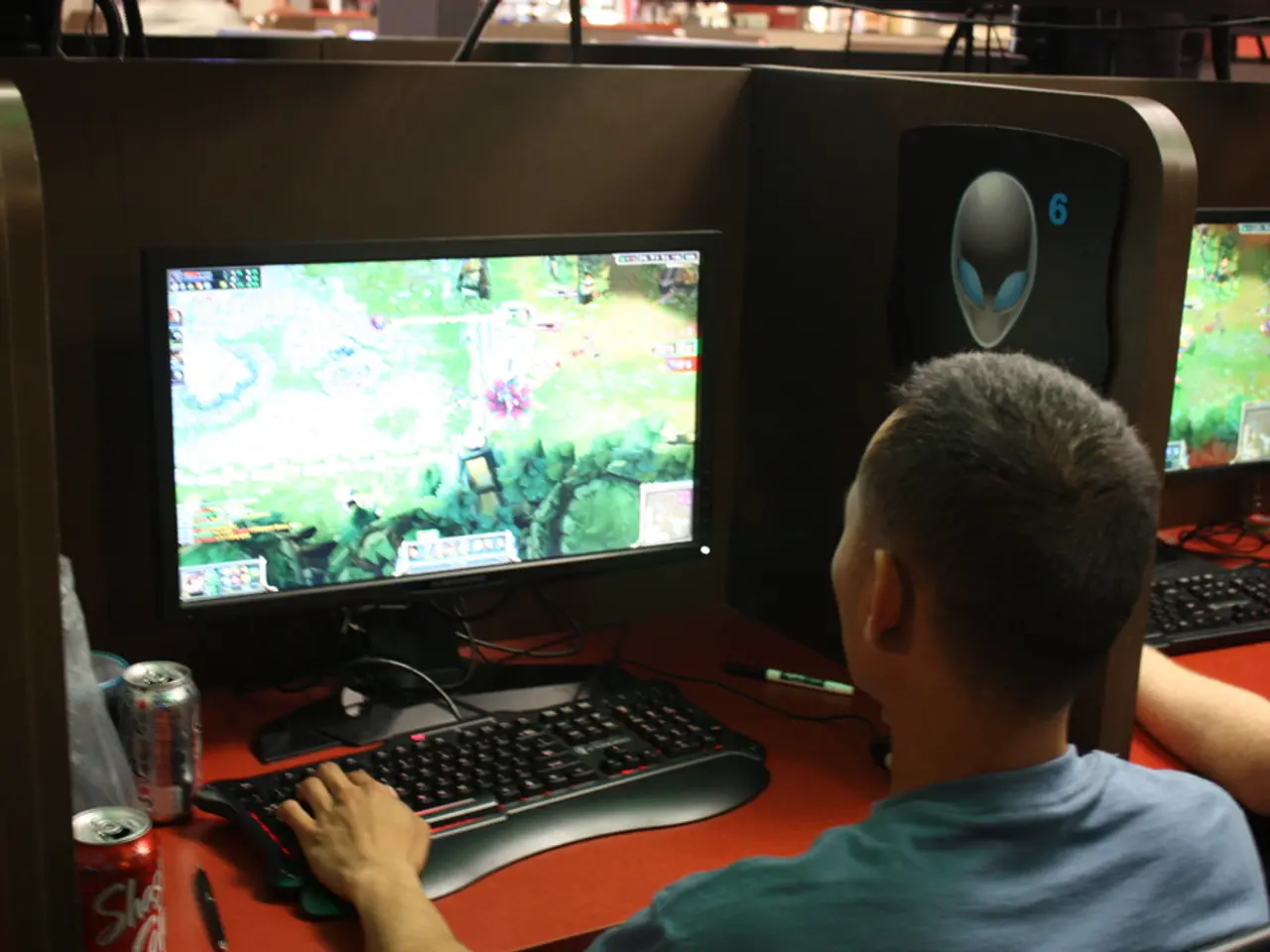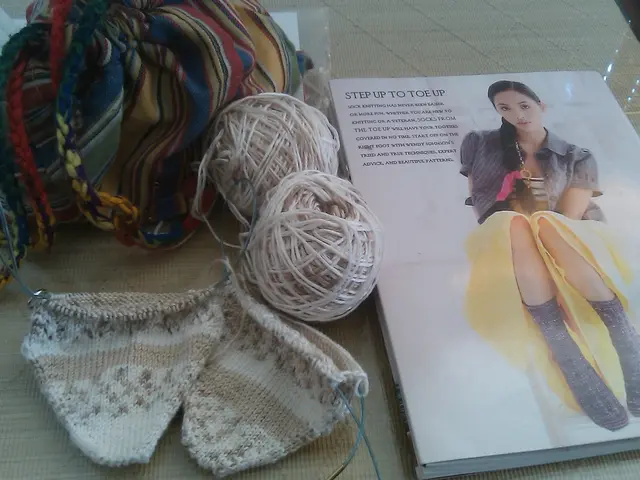Inverse control settings in gaming: The reasons behind the practice may not be as expected, according to recent scientific findings
In a groundbreaking study, researchers Dr Jennifer Corbett and Dr Jaap Munneke from Brunel University London delved into the neuroscience of human-computer interactions, aiming to understand the factors that shape how users configure their controllers. Their findings, published five years ago in a paper entitled "Why axis inversion? Optimizing interactions between users, interfaces, and visual displays in 3D environments," have since sparked a debate and received over one million readers.
The study aimed to unravel the mystery behind why some gamers invert their controls while others do not. Participants were instructed and observed via Zoom, and asked to mentally rotate shapes, take on the perspective of an 'avatar' object, determine the tilt of objects, and overcome the Simon effect.
Interestingly, the fastest gamers at mental rotation tasks and overcoming the Simon effect were less likely to invert their controls. People who reported sometimes inverting were the slowest on these tasks. This suggests that controller preferences may be due to cognitive processes in how the brain perceives objects in 3D space, rather than personal experiences or favorite games.
To conduct their research, Corbett and Munneke devised a questionnaire and a series of four experiments to measure cognitive components of controller inversion. Machine-learning algorithms were used to analyze the survey and experiment data. The study received many hundreds of replies from gamers and people from various backgrounds, with many participants reporting switching preferences over time.
The reasons why some people invert their controls are complicated and involve factors such as personal experiences, favorite games, different genres, age, consoles, and scrolling direction with a mouse. Many participants in the study reported that playing a flight simulator, using a certain type of console, or the first game they played were reasons for their preference to invert or not.
The study's findings have potential ramifications beyond game hardware. For instance, understanding controller preferences could help optimize inversion settings to advance human-machine teaming in various scenarios, such as partnering with AI players or performing complex surgeries.
Since the publication of their research, Corbett and Munneke have moved on to new institutions. Corbett is now based at MIT, while Munneke is at Northeastern University. Their groundbreaking work has already been cited in one scientific publication and has received interview requests from podcasts and YouTubers.
As the debate surrounding controller inversion continues, one thing is clear: the question of why gamers invert their controls is far from simple, and involves complex cognitive processes that are only beginning to be understood.
Read also:
- Reconsidering the Approach to Mountain Height Measurement?
- Tesla's 37th week update: Stock remains steady, potential successor for Musk, unveiling of new megapack, fuel reveal delayed until IAA event
- Review of the 2025 Lamborghini Revuelto: Blazing Beasts on Wheels
- Examining Digital Payment Cards in Nigeria (2025)







